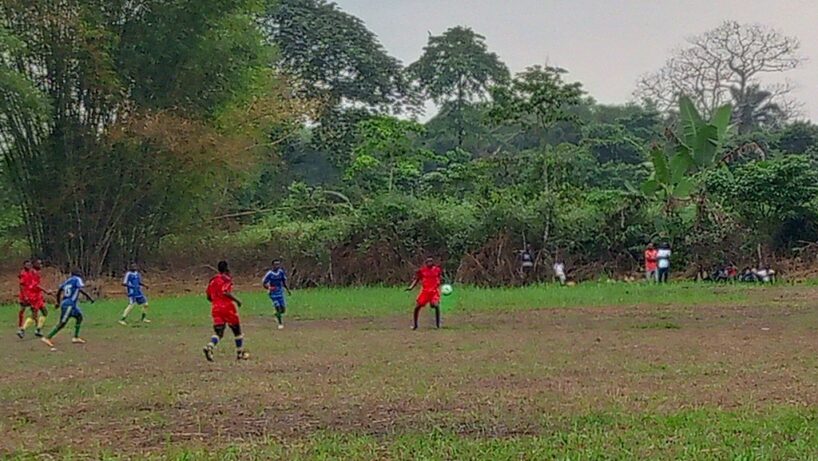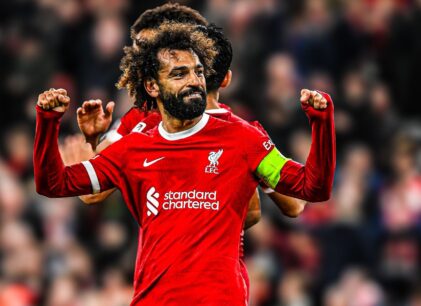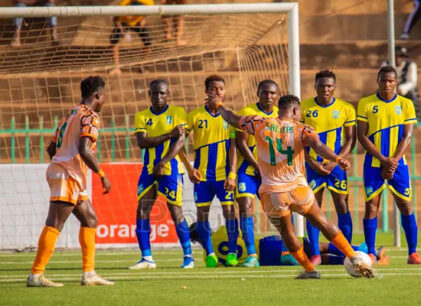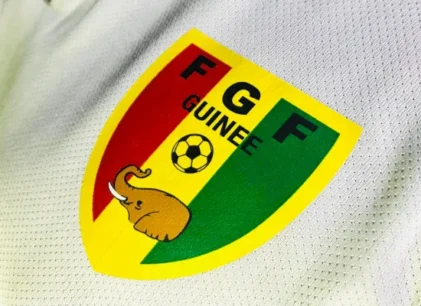Centre-forward Serge Ngoma Mouellet says he plays and walks “in the footsteps and values of Karim Benzema”. And that’s working out well for him, as the young native has become the spearhead of his team as that’s helping to dispel any negative preconceptions about his community.
“Long live our Benzema! He’s going to please us again today! This isn’t Madrid, let alone Jeddah (home of Al-Ittihad). Instead, we’re in Missama, a small village in the district of Sibiti in the Lékoumou region of south-west Congo-Brazzaville.
In other words, the village also has its own Benzema, on whom the 500 or so inhabitants rely when FC Missama is due to play a match, albeit a friendly one. And on this first Sunday in July, all eyes were still on the black Benzema to welcome the club from Sibiti’s number 4 district for a friendly match. The fans?, their hopes were not dashed, as Missama’s number 9 scored twice (35th and 56th minutes) to give his team a 2-0 win.
Missama’s KB 9 is the ten-year-old Serge Ngoma Mouellet. He is from the indigenous community, a people “distinguished from other groups in the national population by their cultural identity, their way of life (living in the forest by gathering and hunting, editor’s note) and their extreme vulnerability”, according to law no. 5-2011 of 25 February 2011 “on the promotion and protection of the rights of indigenous populations” in Congo-Brazzaville.
Frustration
Unfortunately, the Bantu brothers feel that they are more “evolved or civilised for having been the first to come into contact with the white man”, and often reject the indigenous people formerly known as pygmies (a term whose use is now banned).Accused of being dirty and uncivilised, natives are rejected for their “savagery and dirtiness”. These prejudices are enough to keep any talent emanating from any member of the Aboriginal community at a distance and therefore stifle it. “Given all the judgements being made about us, I’ve decided to stay away so as not to sully them (Bantus, editor’s note), even though I sometimes feel like playing,” says one native.
A different option for Serge Ngoma Mouellet. “It’s true that at first it was difficult to be accepted by my Bantu brothers. But little by little, as you get hungry (laughs), they started not to reject me any more,” he recalls. “He was up against a young Bantu as a striker. But he was able to impose himself to the point of winning the starting berth,” says Fridol Moukengué, a Bantu defensive midfielder. For us in defence, the presence of Ngoma Mouellet in attack is a reassurance. As far as I’m concerned, I have to do everything I can to recover the ball and make good passes to get it to our 9. All you have to do is slip him some good balls and he’ll be delighted.
But while talent has been a major factor in the integration of FC Missama, the specificity of the law on promotion and protection lies in its rigour when it comes to discrimination against these people. Article 14 of the law, for example, provides for prison sentences of at least 5 years and fines ranging from 5,000 CFA francs (7.62 euros) to 5 million CFA francs (7,622.45 euros) for forced assimilation or discrimination of any kind.
Lack of competition, broken dreams
This is helping to change things. “Here, I spare no effort to talk to people about this law.That’s why attitudes are starting to change.The native can now sit next to the Bantu.And there’s no reason to sacrifice a talent like Mouellet just because he’s a native,” says a delighted Jean Félix Moukengué, a retired international referee and now head of the village of Missama.
Aware of his talent, Serge Mouellet knows, however, that he will not be heard as long as he speaks only from the depths of the lush forest that surrounds his village. “Competitions are rare. We make do with rare friendly matches. We need tournaments. I want to play against big stars so that I can become a star like my idol Benzema,” dreams Ngoma Mouellet. On the part of the public authorities, the will is there. “But the homes are lacking. And it’s not just the locals. It’s a general problem,” explains Jean Pascal Ikiti, president of the Lékoumou departmental football league.
And what if sports contributed to the socio-economic integration of the indigenous populations? In any case, more than a simple wish, the issue should be examined in detail on the occasion of the International Day of the World’s Indigenous People, which will be celebrated on 9 August.





